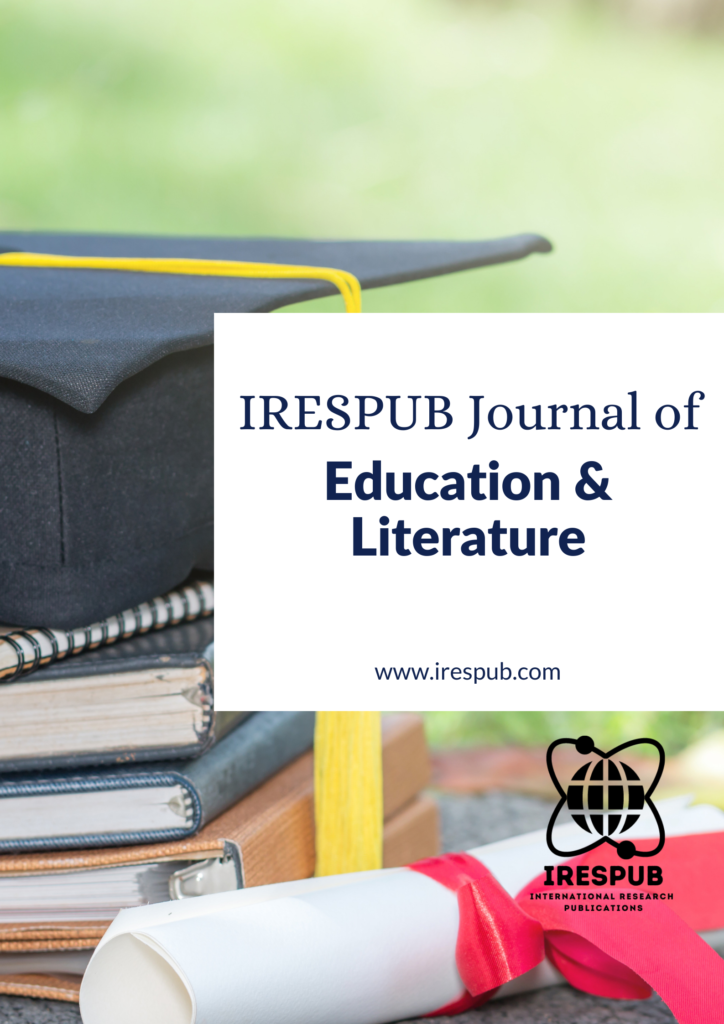
Year Launched: 2021
Journal Menu
- Scope & Research Areas
- Instructions for Authors
- Article Processing Charge
Journal List
- Natural & Applied Sciences
- Life Sciences
- Business Management
- Education & Literature
- Humanities & Cultural Studies
- Medical & Dental Sciences
- Engineering & Computer Sciences
- Agriculture, Food & Nutrition
- Environmental & Material Sciences
- Wellness & Lifestyle Management
- Arts & Ideas
- Law, Policy & Religion
Artificial intelligence in education
Volume 2, Issue 1, Jan-Feb 2022 | Page 1-6 | PDF (240K) | Pub. Date: January 9, 2022
Author(s)
Bodashka J. Bondarenko, Artem B. Petrenko*; Faculty of Foreign Philology and Social Communications, Sumy State University, Sumy, Ukraine
Abstract
A computer system’s ability to perform human tasks such as thinking and learning can be regarded as artificial intelligence (AI). This is usually accomplished using human intelligence. AI technology in education is allowing a degree of flexibility and customization that was never before possible. It is revolutionizing schools and classrooms, making educators’ jobs a lot easier. It is poised to revolutionize education. In this paper, various applications of AI in education are discussed
Keywords
artificial intelligence; education; learning; teaching
Cite this paper
Bondarenko, B. J., Petrenko, A. B. (2022), Artificial intelligence in education, IRESPUB Journal of Education & Literature. Volume 2, Issue 1, Jan-Feb 2022, Page 1-6
References
[1] Dadhich, “Impact of artificial intelligence on the current education system,” September 2020, https://wire19.com/impact-of-artificialintelligence-oneducationsystem/#: ~:text=The%20implementation%20of%20educational% 20AI, more%20knowledge%20in%20multiple%20subjects. &text=The%20implementation%20of%20AI%20can, well%20as%20streamline%20administrative%20tasks.
[2] Johnson, “Jobs of the future: Starting a career in artificial intelligence,” May 2020, https://www.bestcolleges.com/blog/future-proofindustries-artificial-intelligence/
[3] “Ten facts about artificial intelligence in teaching and learning,” https://teachonline.ca/sites/default/files/toolstrends/downloads/ten_facts_about_artificial_intelligence_ 0.pdf
[4] Chen et al., “Application and theory gaps during the rise of artificial intelligence in education,” Computers and Education: Artificial Intelligence, vol.1, 2020.
[5] N. O. Sadiku, T. J. Ashaolu, and S. M. Musa,” Artificial intelligence in medicine: A primer,” International Journal of Trend in Research and Development, vol. 6, no. 1, January. -Feb. 2019, pp. 270-272.
[6] Mintz and R. Brodie, “Introduction to artificial intelligence in medicine,” Minimally Invasive Therapy & Allied Technologies, vol. 28, no. 2, 2019, pp. 73-81.
[7] Oana, T. Cosmin, and N. C. Valentin, “Artificial intelligence – A new field of computer science which any business should consider,” “Ovidius” University Annals, Economic Sciences Series, vol. XVII, no. 1, 2017, pp. 356- 360.
[8] O. Mason, “Ethical issues in artificial intelligence,” Encyclopedia of Information Systems, vol 2, 2003, pp. 239- 258.
[9] N. Rames et al., “Artificial intelligence in medicine,” Annals of the Royal College of Surgeons of England, vol. 86, 2004, pp. 334–338.
[10] I. Patrícioa and R. Rieder, “Computer vision and artificial intelligence in precision agriculture for grain crops: A systematic review,” Computers and Electronics in Agriculture, vol. 153, October 2018, pp. 69-81.
[11] N. O. Sadiku, Y. Zhou, and S. M. Musa, “Natural language processing in healthcare,” International Journal of Advanced Research in Computer Science and Software Engineering, vol. 8, no. 5, May 2018, pp. 39-42.
[12] Jiang et al., “Artificial intelligence in healthcare: Past, present and future,” Stroke and Vascular Neurology, 2017.
[13] “Quantum computing,” https://quantumcomputingtech.blogspot.com/2019/05/ ai-machine-learning-venn-diagram.html
[14] https://elearningindustry.com/ai-is-changing-theeducation-industry-5-ways
[15] Chen, H. Xie, and G. Hwang, “A multi-perspective study on artificial intelligence in education: grants, conferences, journals, software tools, institutions, and researchers,” Computers and Education: Artificial Intelligence, vol.1, 2020.
[16] Schroer, “12 Companies using AI in education to enhance the classroom,” March 2020, https://builtin.com/artificial-intelligence/ai-in-education
[17] https://www.educationworld.in/how-ai-ineducation-can-dominate-in-2020/
[18] Sears, “The role of artificial intelligence in the classroom,” April 2018, https://elearningindustry.com/artificial-intelligence-inthe-classroom-role
[19] Plitnichenko, “5 Main roles of artificial intelligence in education,” May 2020, https://elearningindustry.com/5-main-roles-artificialintelligence-in-education
[20] Marr, “How is AI used in education — Real world examples of today and a peek into the future,” July 2018, https://www.forbes.com/sites/bernardmarr/2018/07/2 5/how-is-ai-used-in-education-real-world-examples-oftoday-and-a-peek-into-the-future/?sh=2aea5075586e
[21] Rampton, M. Mittelman, and J. Goldhahn, “Implications of artificial intelligence for medical education,” https://www.thelancet.com/journals/landig/article/PIIS 2589-7500(20)30023-6/fulltext
[22] Elhajjar, M. S. Karam, and S. Borna, “Artificial intelligence in marketing education programs,” Marketing Education Review, 2020.
[23] Kuprenko, “Artificial intelligence in education: Benefits, challenges, and use cases,” https://medium.com/towards-artificialintelligence/artificial-intelligence-in-education-benefitschallenges-and-use-cases-db52d8921f7a
[24] “The role of artificial intelligence in the future of education,” March 2019, https://www.getsmarter.com/blog/market-trends/therole-of-artificial-intelligence-in-the-future-of-education/
[25] Artificial Intelligence in Education; Building Technology Rich Learning Contexts That Work, (Int’l Conference on Artificial Intelligence in Education, 2007, Los Angeles, CA). IOS Press, 2007.
[26] Kose and D. Koc (eds.), Artificial Intelligence Applications in Distance Education. Information Science Reference, 2015.
[27] J. Spiro, B. C. Bruce, and W. F. Brewer, Theoretical Issues in Reading Comprehension: Perspectives from Cognitive Psychology, Linguistics, Artificial Intelligence and Education. Taylor & Francis, 2017.
[28] W. Lawler and M. Yazdani, Artificial Intelligence and Education: Learning environments and tutoring systems. Intellect Ltd, 1987.
[29] Fadel, W. Holmes, and M. Bialik, Artificial Intelligence in Education: Promises and Implications for Teaching and Learning. Independently published, 2019.
[30] Gauthier and C. Frasson (eds.), Intelligent Tutoring Systems: At the Crossroad of Artificial Intelligence and Education. Intellect Ltd, 1990.
[31] M. Cameron, A.I. – 101: A Primer on Using Artificial Intelligence in Education. Exceedly Press, 2019.
[32] Luckin, K. R. Koedinger, and J. Greer (eds.), Artificial Intelligence in Education: Building Technology Rich Learning Contexts that Work IOS Press, 2007.

